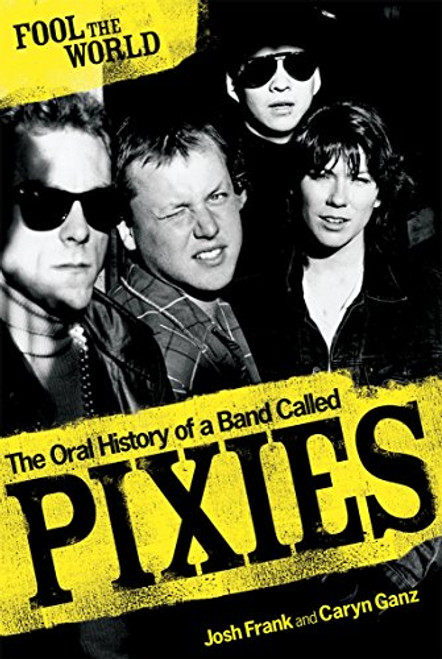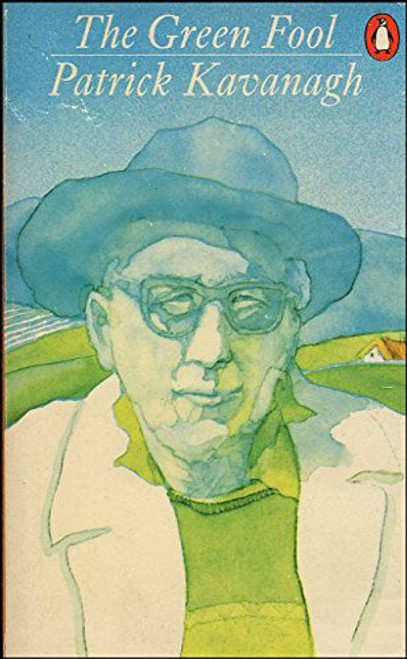Justice, equality, and righteousnessthese are some of our greatest moral convictions. Yet in times of social conflict, morals can become rigid, making religious war, ethnic cleansing, and political purges possible. Morality, therefore, can be viewed as pathology-a rhetorical, psychological, and social tool that is used and abused as a weapon.
An expert on Eastern philosophies and social systems theory, Hans-Georg Moeller questions the perceived goodness of morality and those who claim morality is inherently positive. Critiquing the ethical fanaticism of Western moralists, such as Immanuel Kant, Lawrence Kohlberg, John Rawls, and the utilitarians, Moeller points to the absurd fundamentalisms and impracticable prescriptions arising from definitions of good. Instead he advances a theory of moral foolishness, or moral asceticism, extracted from the amoral philosophers of East Asia and such thinkers as Ludwig Wittgenstein and Niklas Luhmann. The moral fool doesn't understand why ethics are necessarily good, and he isn't convinced that the moral perspective is always positive. In this way he is like most people, and Moeller defends this foolishness against ethical pathologies that support the death penalty, just wars, and even Jerry Springer's crude moral theater. Comparing and contrasting the religious philosophies of Christianity, Daoism, and Zen Buddhism, Moeller presents a persuasive argument in favor of amorality.
The Moral Fool: A Case for Amorality
$13.69 - $57.79
- UPC:
- 9780231145091
- Maximum Purchase:
- 2 units
- Binding:
- Paperback
- Publication Date:
- 2009-07-15
- Author:
- Hans-Georg Moeller
- Language:
- english
- Edition:
- 0








